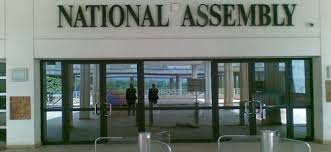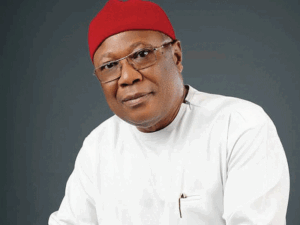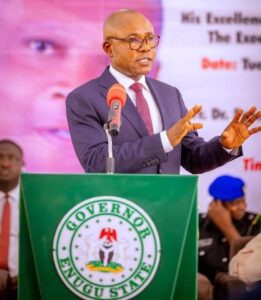The Senate Committee on the Review of the 1999 Constitution will hold a two-day Zonal Public Hearing across Nigeria’s six geopolitical zones on July 4 and 5, with Enugu selected as the host city for the South East region. The hearings aim to collect citizens’ views on a wide range of proposed constitutional amendments.
Deputy Senate President Barau Jibrin, who chairs the committee, said the hearings will also take place simultaneously in Lagos (South West), Ikot Ekpene (South South), Jos (North Central), Maiduguri (North East), and Kano (North West). This was disclosed in a statement released by his Special Adviser on Media and Publicity, Ismail Mudashir.
The hearings will focus on major national issues such as local government autonomy, judicial and electoral reforms, the establishment of state police, inclusive governance, and potential state creation.
One of the key proposals is a bill to formally recognize Local Government Councils as a constitutional tier of government with guaranteed democratic structure and tenure. Another related bill seeks to establish an independent National Local Government Electoral Commission (NALGEC) to oversee local elections.
Security proposals include bills for creating state police forces and establishing State Security Councils to manage sub-national security policies. On fiscal matters, six bills will be reviewed, including one to empower the Revenue Mobilisation, Allocation, and Fiscal Commission to enforce remittance and distribution of revenue, and another to mandate timely submission of budget proposals by executive leaders.
In the push for gender inclusion, the committee will review a bill seeking to reserve additional seats for women in legislative houses at both state and federal levels.
Traditional rulers are also set to gain constitutional recognition through a proposed amendment to establish National, State, and Local Government Councils of Traditional Rulers.
On electoral reform, participants will discuss proposals for independent candidacy in elections at all levels and a bill for diaspora voting to enable Nigerians abroad to vote.
The judiciary is a major focus, with over 20 bills seeking reforms such as fixed timelines for court judgments and expanded authority for election tribunals.
The committee will also deliberate on proposed constitutional amendments that aim to devolve power from the federal government, including the transfer of items like labour and shipping from the Exclusive to the Concurrent Legislative List.
Furthermore, the committee has received 31 memoranda on state creation. These include five requests each from the South West, South South, and North Central, seven from the North East, six from the North West, and three from the South East.
The Senate Committee emphasized the critical importance of citizen participation in shaping the constitution and called on Nigerians to actively engage during the public hearings in Enugu and other zones.




